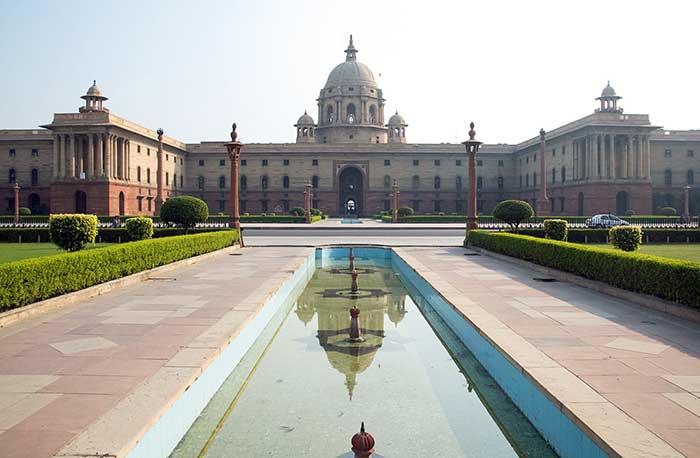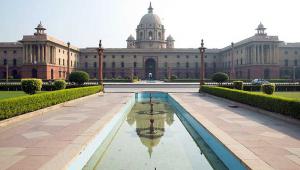india_government_building.jpg

The Indian government building in New Delhi. Credit: Laurie Jones
The bill to amend the constitution, which marks India’s biggest tax reform since independence in 1947, was passed by the nation’s upper house of parliament yesterday after years of political deadlock.
The amendment would allow the central government to subsume powers to set taxes on goods and services from state legislatures, streamlining what is a fragmented and cumbersome system consisting of an array of different charges into one single levy.
However it still needs to be approved by at least half of the country’s 29 states, some of which have raised concerns about revenue losses, before it can become law.
Currently, a multitude of different charges are imposed on all goods and services sold in India, with each state setting their own rates. The result is a convoluted, byzantine and inefficient system that fails to capture the tax revenues that it could.
The reform, known as the Goods and Services Tax Bill, would unify 11 charges levied at both the national and state level, including excise duties, VAT, entertainment taxes and taxes on lotteries, betting and gambling.
#GST once enforced in the country, it would boost GDP growth, attract higher investment and would promote #EaseOfDoingBusiness in India
— Arun Jaitley (@arunjaitley) 3 August 2016
India’s finance ministry, headed by finance minister Arun Jaitley, said changes would make it easier to do business and reduce the compliance burden. For consumers, it said the overall tax burden should come down, although others have noted the price of certain goods, such as tobacco, could rise sharply.
Momentous occasion for India, a big win for co-operative federalism, the whole political community & industry: #PwC's Pratik Jain #GSTBill
— PwC India (@PwC_IN) 4 August 2016
PwC India described the bill’s passage as a “momentous occasion” for India, while its chairman called it a “game changer”.
#GST is a game changer for India. Will unify the #tax framework in the country. Looking forward to a quick implementation. #GSTBill
— Deepak Kapoor (@DeepakKapoorPwC) 4 August 2016
Analysts believe it could herald a substantial boost to India’s already robust growth, adding up to another 2%. India already overtook China as the world’s fastest growing major economy earlier this year.
The bill has been a key policy for prime minister Narendra Modi, who had hoped the tax would have already been in place months ago, while successive governments over the last decade have tried and failed to introduce similar reform.
However it has stalled due to political infighting. In order to win support for the plan, the government had to offer a number of concessions to India’s opposition Congress Party and to state governments, including compensation for lost revenue over the next five years.
The bill had easily passed India’s lower house, but had been stuck in the upper house where Modi’s Bharatiya Janata Party does not have a majority.
I would like to add that GST will also be the best example of cooperative federalism. Together we will take India to new heights of progress
— Narendra Modi (@narendramodi) 3 August 2016
Following its passage, Modi said the legislation was the “best example of cooperative federalism”.
In a series of tweets, he congratulated MPs for their “path-breaking decision to give India an indirect tax system for the 21st century”, and said the reform will promote manufacturing in India, help exports and boost employment while providing enhanced revenue.
As well as needing approval from around half of India’s state governments before it can become law, a number of specifics in the legislation also needed to be decided, such as the rate of the tax, which could be set at 17-18%,
The final details will be debated again in parliament later this year, and with the necessary approvals the bill could come into force by April 2017.
However, there would still need to be substantial overhauls to the government’s IT system before it can become operational.













